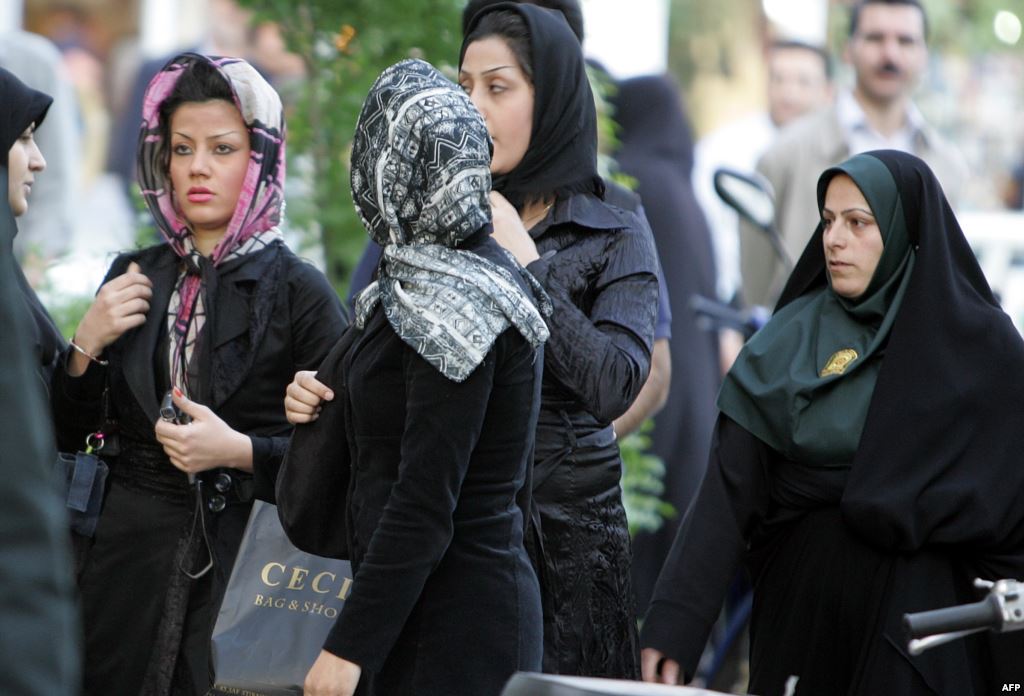It is well known that Iran is a Muslim country in which Islamic law is strictly enforced. … Islamic codes of behaviour and dress are strictly enforced. In any public place women must cover their heads with a headscarf, wear trousers (or a floor length skirt), and a long-sleeved tunic or coat that reaches to mid-thigh or knee.
Now, the latest development is that, Iran’s morality police are no longer able to detain violators of the country’s longtime strict dress code, saving not-so-modest women from hang ups and legal annoyances.
The Islamic dress code has been in place since 1979 and has been practiced aggressively since. The country’s morality police, as they’ve been dubbed, typically detain violators and escort them to a police van where they’re made to wait until family members are able to bring them a change of clothes.
While this is not only disrespectful and somewhat embarrassing, it’s also a true example of the country’s police entities being quite politically extra.
The liberal youth in modern Iran have, however, consistently pushed the boundaries of the country’s official dress code– donning loose headscarves that don’t fully cover their hair and painting their nails, both technically against the law and at the very least, a nuisance to conservatives within the country.
This week marked a palpable change in the country, however, with the police’s official announcement that they will ease up on reprimanding those that violate the arguably outdated code of conduct.
“Those who do not observe the Islamic dress code will no longer be taken to detention centers, nor will judicial cases be filed against them,” Tehran police chief Gen. Hossein Rahimi was quoted as saying.
While lack of arrest for donning a pair of capri pants or shorts is a win, news agencies within the country report that violators will now instead be made to attend classes given by police, and repeat offenders could still be subject to legal action.
Last year, police in Tehran announced plans to monitor ‘public morality’ and police the public dress code by deploying 7,000 male and female undercover, plain clothes cops.
If only we could get this kind of man power behind protecting women from unwanted advances and training men on how not to attack women because they have their neck or knees exposed. Sigh, hopefully in due time.
Credit: konbini.com


Comments are closed.